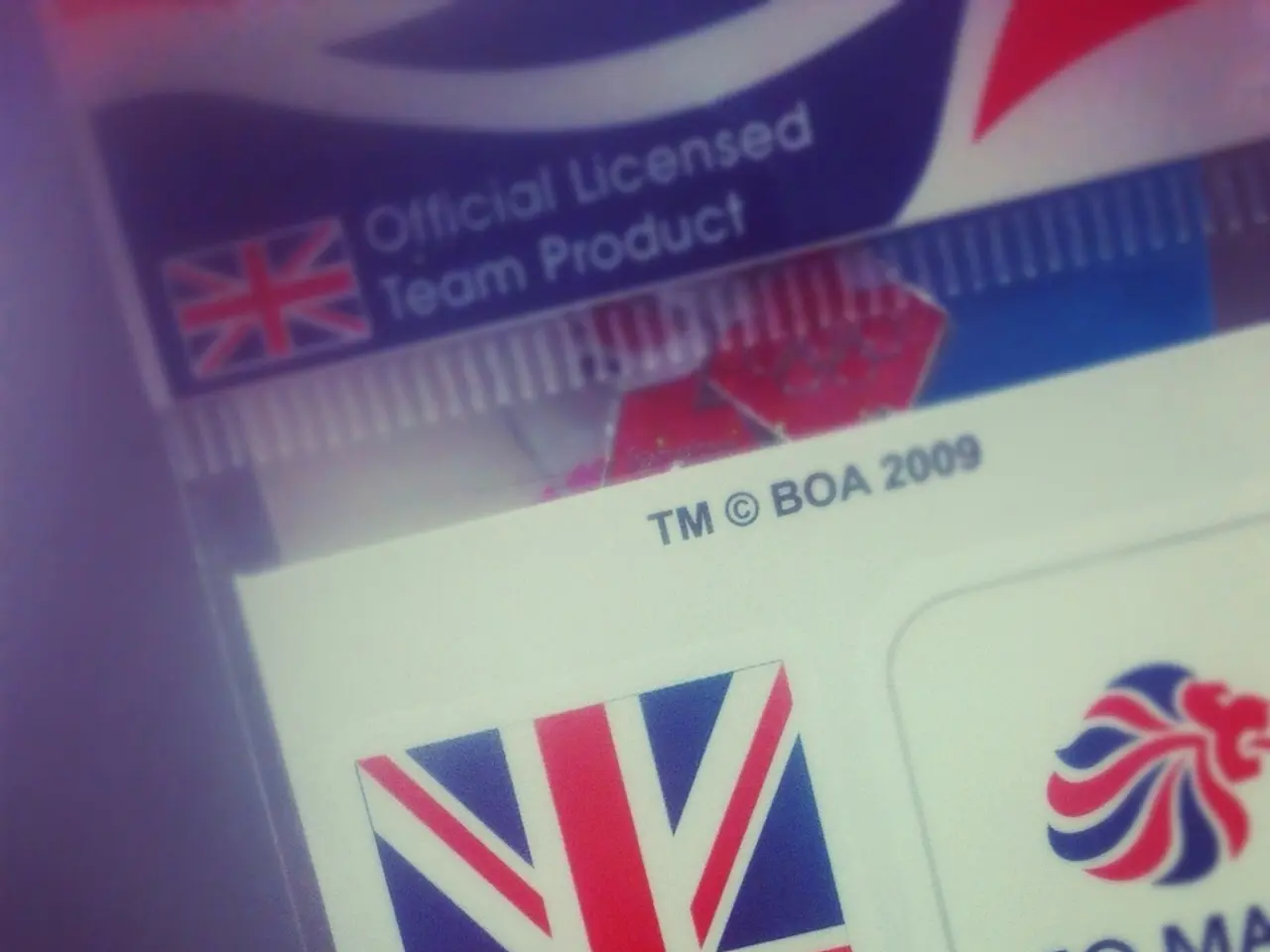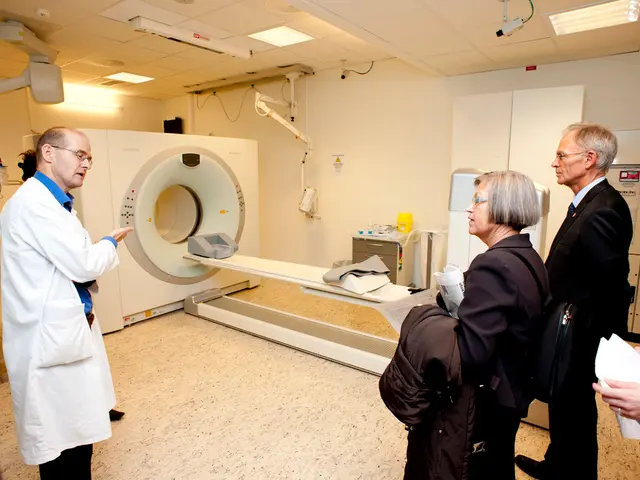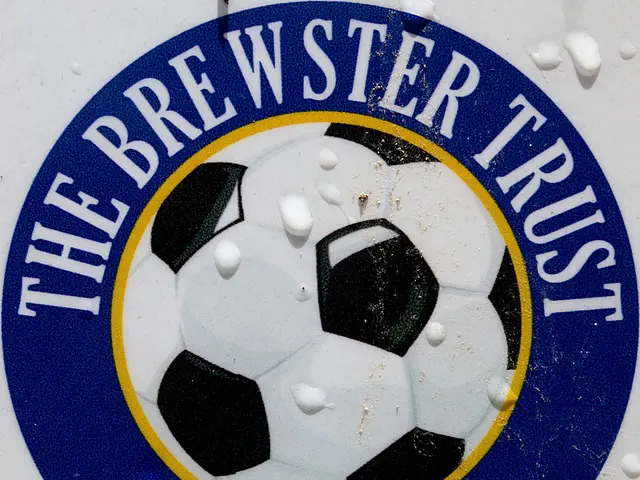Healthcare Sector's Struggle with Unauthorized Use of Patient Information
In today's digital age, businesses across the globe are facing a growing threat from medical identity theft and digital fraud. Here's a look at the current landscape and the measures businesses can take to safeguard themselves.
Medical identity theft is a serious issue, with costs ranging from $100 to $300 per month up to $1000 in some countries. The United States, South Korea, and Switzerland are the countries most affected by this crime. Thieves often target Social Security Numbers or insurance card information to commit fraud.
One of the primary ways fraudsters operate is by billing health plans for fake treatments using stolen personal information. They can also obtain doctor's prescriptions and legally buy and resell drugs on the black market.
To combat this, businesses can implement comprehensive identity monitoring and protection services. These services monitor medical identifiers, scan the dark web and data broker sites, and keep a close eye on business-related credit activities. They also provide real-time alerts, support, and insurance to cover legal fees, restoration costs, and fraud-related losses.
Services like IDStrong offer medical ID monitoring, continuously scanning for unauthorized use of health insurance card data and medical record numbers. IDShield and similar platforms provide additional layers of protection, including dark web and data broker monitoring, credit and financial monitoring, real-time security alerts, and insurance and legal support.
Educating employees about the risks and responses to medical identity theft is also crucial. Regular reviews of medical and financial records related to the business, as per FTC guidelines for handling discrepancies, are essential.
Hospital employees or doctors may also be involved in stealing personal information for financial gain, so businesses should remain vigilant. Being cautious does not always prevent medical identity theft, as thieves can hack databases containing patient identity information.
Despite these risks, adopting services like IDStrong, IDShield, or similar comprehensive identity theft protection platforms can significantly reduce risks and expedite recovery from medical and digital identity fraud. Businesses should also align with local data protection laws, such as HIPAA in the US, PIPA in South Korea, and FADP in Switzerland, by implementing appropriate technical and administrative safeguards.
In conclusion, a multi-layered approach combining proactive monitoring, quick alerts, professional restoration services, and compliance with regional legal standards is essential for businesses to defend effectively against medical identity theft and digital fraud.
Regular reviews of medical and financial records, as per FTC guidelines, are essential for businesses to identify and respond to medical identity theft incidents. Implementing comprehensive identity monitoring and protection services, such as IDStrong and IDShield, can continuously scan for unauthorized use of health insurance card data and medical record numbers, reducing risks and expediting recovery from medical identity theft and digital fraud.








